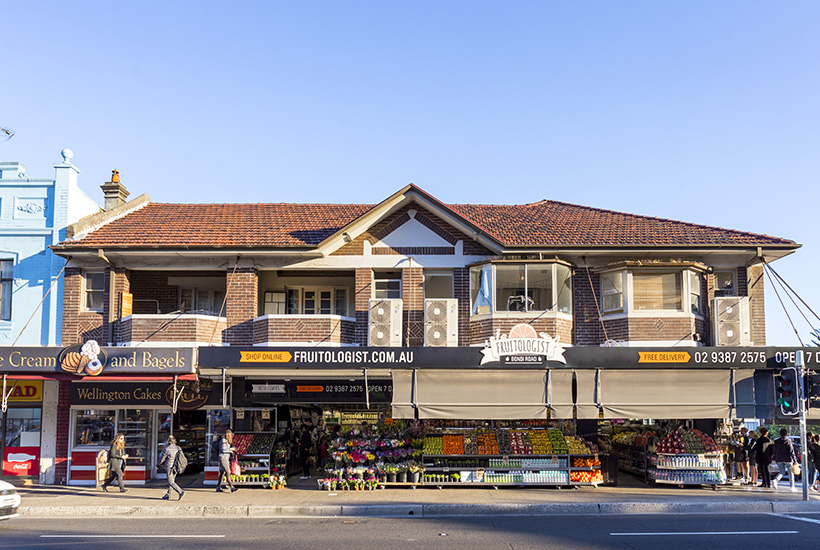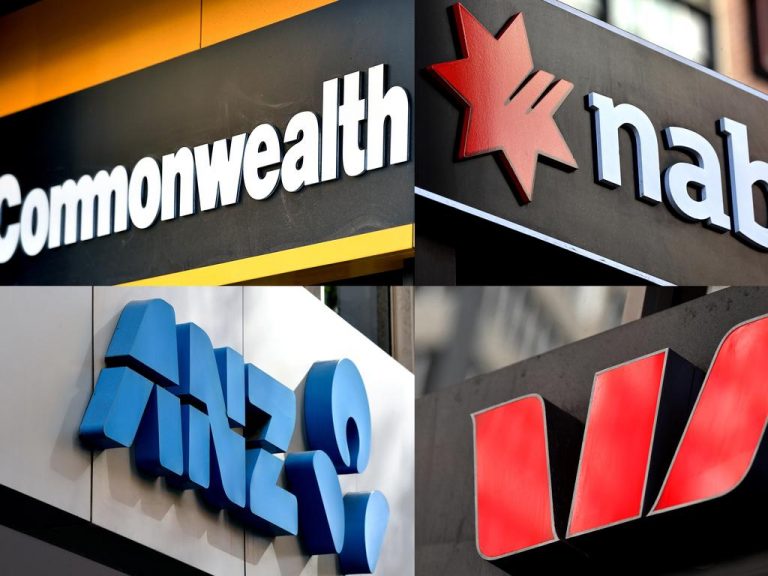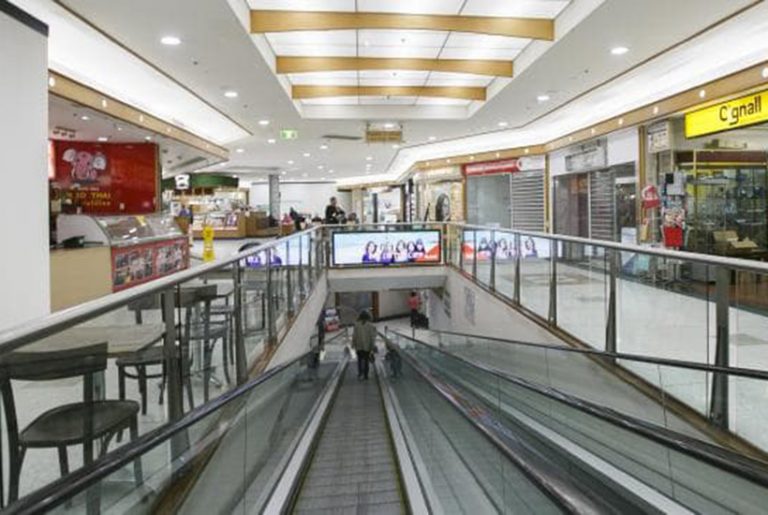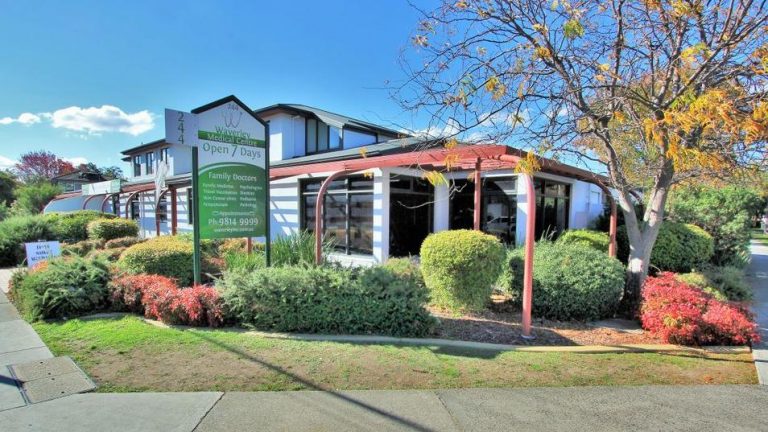How to negotiate commercial rent during COVID-19

Negotiating commercial property rent will be a major priority for commercial property landlords and tenants in the coming months as the impact of coronavirus is felt across the industry.
Tenants and landlords are entering the unknown as the coronavirus (COVID-19) begins to significantly impact businesses and the property market, and the negotiation of rent while tenants’ incomes are heavily affected will be key for the viability of those businesses moving forward.
How should affected tenants and landlords approach rent negotiations?
Here are some key points to consider.
1. COMMERCIAL LANDLORDS AND TENANTS SHOULD TALK EARLY
As COVID-19 restrictions continue to bite, it’s critical that if commercial tenants are facing financial challenges, they should speak to their landlord as soon as possible.
Burgess Rawson direction Ingrid Filmer says that the earlier those conversations begin, the more likely it is that both parties will reach an acceptable resolution.
“It’s absolutely urgent,” Filmer says.
“As a tenant, don’t just not pay your rent – reach out urgently to your landlord and start having these conversations.”
2. NOT PAYING RENT IS NOT AN OPTION
While many businesses will have little to no income during this period, Filmer says tenants should not approach negotiations with their landlord with the aim of remaining in the property rent-free.
This is because landlords still have fixed costs that they themselves must meet,
“Realistically, not paying any rent is not an option,” Filmer says.
“Even with the government talking about the banks deferring payments for six months, that doesn’t change council rates, water rates, insurance, electricity and the other bills for landlords.”
“If tenants say, ‘I just don’t want to pay rent’, we’re going to run into some huge problems.”
Among the options available as part of negotiating a new agreement are reduced rent, which may mean paying a percentage of the full rent for a certain period, or deferred rent, which involves putting off a portion of the current rent and repaying it at a later date once business has returned to normal.

Tenants could run into trouble if they refuse to pay rent.
3. TENANTS SHOULD ACCESS COVID-19 ASSISTANCE
With that in mind, tenants should attempt to access any and all government assistance available to them before negotiating their rent.
Cashflow boosts of between $20,000 and $100,000, increases to the instant asset write-off and wage subsidies through the JobKeeper payment are all aimed at keeping more money in business owners’ pockets, which may limit the level of concessions a tenant needs to ask of their landlord.
Filmer says this is particularly important as a large percentage of landlords won’t have access to those same subsidies.
“Rather than going to the landlord and saying, ‘Give me rent free’, they should be trying to access all of the money and assistance that’s available to them. Landlords can’t access those measures.”
4. DEMONSTRATE ATTEMPTS TO REMAIN VIABLE
Businesses have been forced to quickly adapt during the early months of the coronavirus pandemic, with many pivoting towards other revenue streams or adjusting their business model in order to stay afloat.
Filmer says tenants that think laterally and create opportunities to generate revenue are far more likely to find a receptive audience when they speak to their landlord.
“You’re in business with your tenant. If your tenant is willing to go that extra mile, innovate and maximise the potential sales out of the business in this new climate, then as a landlord you’re more willing to negotiate on how to assist them in relation to rent.”

Landlords should aim to maintain their tenancy, as vacancies can be costly.
5. FIND A HAPPY MEDIUM
Approaching commercial property tenant-landlord negotiations with an open mind and a willingness to work together is the best way forward.
Filmer says if tenants can agree to pay what rent they can over the coming months, it will almost certainly lead to a better outcome for both.
“A problem shared is a problem halved,” she says.
“When tenants approach landlords I think it’s really important to find a happy medium, whether that’s deferred rent, rather than rent-free, or whether it’s a percentage of the rental liability.”
“We need to acknowledge that everyone is in a really tough situation and the key to this is both landlords and tenants coming to the party and meeting somewhere in the middle.”
6. AIM TO MAINTAIN TENANCY
An occupied commercial property is the best result for both parties, as it means the tenant and their business are in the best position to survive the downturn, while for the landlord it means they’re generating some rental income.
A vacant commercial property means the business and tenant has not survived, while for the landlord it will mean no rental income until the property is rented, and with vacancies likely to rise across most asset classes, finding a new tenant quickly may be challenging.







